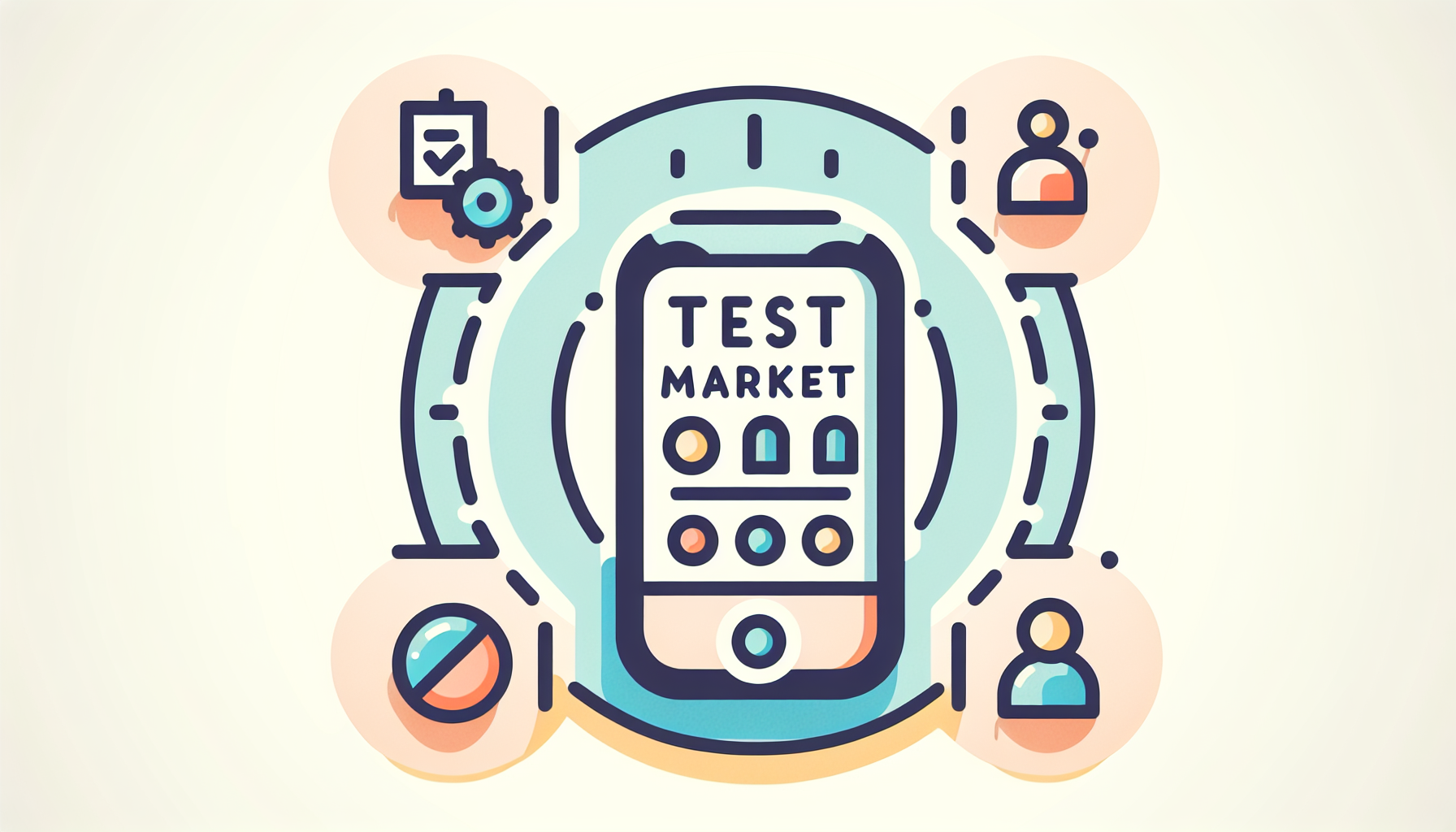In the fast-paced world of startups and product development, one crucial strategy that can significantly accelerate a product's success is quick validation. Quick validation refers to the process of rapidly testing and refining a product based on immediate feedback from its target market. This approach not only enhances product-market fit but also ensures that resources are focused on features that meet customer needs and desires.
Why is quick validation so critical? Simply put, it reduces the risk of building something that no one wants. It allows businesses to move quickly, adapt based on user feedback, and pivot if necessary before too much time and money are invested. In this blog post, we'll explore how quick validation can skyrocket your product’s market fit, ensuring that your venture is both competitive and relevant.
Understanding the Importance of Product-Market Fit
Product-market fit occurs when a product satisfies a strong market demand. It's widely regarded as a critical stage in the product lifecycle, often making the difference between a product's success and failure. Achieving product-market fit means you've created a product that resonates well with your target audience, leading to higher satisfaction rates, better retention, and ultimately, increased revenue.
Strategies for Quick Validation
To achieve quick validation, here are several strategies that you can implement:
- Develop a Minimum Viable Product (MVP): Start with a basic version of your product that includes only essential features. This approach allows you to gather and incorporate feedback without significant upfront investment.
- Utilize Lean Startup Methodologies: Adopt a cyclical process of ideating, building, measuring, and learning. This iterative cycle helps refine the product continuously based on actual user feedback and behaviors.
- Engage Early Adopters: Identify and engage a group of early adopters who are most likely to feel the pain points your product aims to solve. Their insights are invaluable as they are more invested in finding a solution.
- Implement Analytics: Use analytics tools to track how users interact with your product. This data provides objective evidence of what works and what doesn’t, guiding further development.
Each of these strategies can be powerfully supported by tools designed for startups and product developers. One such tool is Startt, which facilitates rapid prototyping and feedback gathering to help fine-tune your product quickly and efficiently.
Case Studies: Success Stories of Quick Validation
Many successful companies have harnessed the power of quick validation to achieve remarkable fits with their markets. For instance, Dropbox famously used a simple video demo to validate demand before building their now-ubiquitous file-sharing service. This approach allowed them to gauge interest and adjust their product development priorities based on real user interest.
Another example is Zappos, the online shoe and clothing retailer. Zappos’ founder, Nick Swinmurn, initially tested the concept by taking photos of shoes in local stores and posting them online. When a shoe was ordered, he would buy it from the store and ship it. This minimal approach validated the online demand for footwear without the need for significant inventory investments.
Benefits of Quick Validation
- Cost Efficiency: By validating ideas early and often, companies can avoid the high costs associated with developing features or products that do not meet market needs.
- Faster Time to Market: Quick validation processes mean that you can refine your product rapidly, allowing for a quicker launch time.
- Increased Flexibility: Early and frequent feedback makes it easier to pivot and adapt to changing market conditions and customer preferences.
- Better User Experience: Continuous refinement based on user feedback leads to products that people love to use, thereby enhancing overall user satisfaction.
Implementing quick validation requires a culture of flexibility and a willingness to act on feedback without bias. Companies like Startt offer the tools necessary to facilitate these processes, making it simpler for startups to implement these strategies effectively.
Implementing Quick Validation with Startt
Using tools like Startt can dramatically streamline the process of quick validation. Startt's platform offers features such as rapid prototyping, user testing interfaces, and real-time feedback analytics, all designed to help you understand and meet your users' needs more effectively. By integrating these tools into your development process, you can ensure that your product adjustments are data-driven and aligned with what your customers truly want.
In conclusion, quick validation is not just a tactic but a comprehensive strategy that should be integrated into the product development process. By focusing on building what customers actually want and need, and continually refining the product based on direct feedback, companies can achieve a strong product-market fit and increase their chances of success in competitive markets.
For startups looking to implement these strategies, leveraging platforms like Startt can provide the necessary infrastructure to test, learn, and grow efficiently. Remember, in the world of product development, speed coupled with smart decisions can lead to extraordinary results.
Ready to start validating your product ideas? Check out how Startt can help at www.startt.co.
Ready to build your audience?
It’s completely free to create your page and takes just minutes to setup.
Create your account










